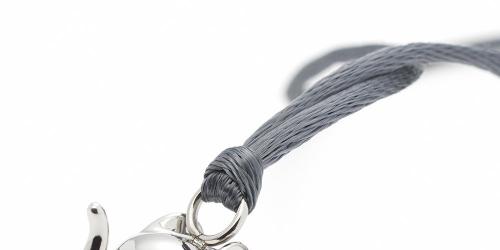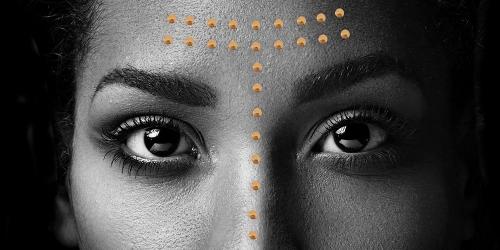We all want to be healthy, but is city living killing us?
For the first time in human history, more of us living in towns than in rural communities. By AD 2050 the global population will have risen to 9.6bn and even more cities must be built to accommodate all those people.
Although there are major benefits in city life, there are also major costs. These include the seemingly unstoppable rise in obesity, coronary-related problems, Type 2 diabetes, Alzheimer’s and various types of cancer, all listed by the World Health Organisation in the ten most common causes of death in modern, urbanised societies.
But are these deaths an inevitable result of old age, or can we do something about it?
To get to the root of this global crisis, we must go back to our beginning. We humans have been evolving for some six million years, becoming highly active ‘hunter-gatherers’. We lived off the land in small tribal societies, developed symbiotic relationships with nature, breathed fresh air, drank fresh water and ate fresh foods. That’s what we were, and still are, designed for.
Anatomically, we remain broadly ‘palaeolithic’, much as we were before towns or even large-scale farming developed around 5,000-10,000 years ago.
But society has changed at a remarkable speed There is a therefore a profound mismatch between modern urban living and our ancient ‘Palaeolithic Genome’, that part of our DNA that supported the long-lived ‘hunter-gatherer’ lifestyle.
We urgently need to address the mismatch between the city-centred world we made for ourselves and the one we are genetically better adapted for. This major challenge concerns us as individuals, since our bodies and even much of our mindset are out of sync with the modern way of life.
At a personal level, we know we must improve our diets and activity levels. But much more needs to be done. Action is required across society as a whole to remodel our urban lives and towns to better fit our biology.
Our ancestors lived most of their lives outdoors, dependent upon nature for their survival, and subject to the vagaries of weather, predators and the seasons. Those enhanced Vitamin D levels and that essential connection with nature, its flora and its fauna are still desperately needed, but are much constrained by modernity.
It’s well known that those living closest to greenspace in modern conurbations enjoy better physical as well as mental health. But why should this be?
Microbiological research suggests that it’s all about an effective immune system, working through the actions of macro-organisms, micro-organisms and microbiota that live on our skin and in the gut. Without these tiny organisms, our susceptibility to allergies, autoimmunity and inflammatory bowel disease increases.
The problem is that we are not born with these microbiota: they’re derived from the mother’s birth canal and subsequently from external elements, such as the soil, plants, animals, the air or from other humans. This bizarre but potentially highly effective personalised ecosystem gradually co-evolved with us during the many millennia we lived as hunter-gatherers.
Living in towns, however, limits our exposure to microbiota in the natural environment while also increasing our susceptibility to crowd infections. A reduced engagement with nature in cities is therefore damaging for our physical health. We still need the microorganism that only animals, pets, plants, trees and soil can give us. Towns therefore need parks, greened streets, allotments and football pitches if we are to build and maintain effective immune systems: it seems there are benefits for those born in mangers.
So: the key to urban wellbeing in tomorrow’s world lies within us: respect your inner hunter-gatherer by adopting an evolutionary-concordant lifestyle. That involves not just diet and activity regimes, but also changing building designs and town plans. But most of all, it all depends on a robust and effective immune system, and that’s down to parents, parks, pets and houseplants.
Gustav Milne is leading archaeologist and academic specialising in urban archaeology and author of Uncivilised Genes – Human Evolution and the Urban Paradox. Available now on Amazon.


